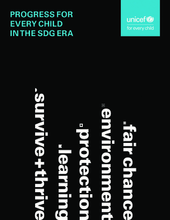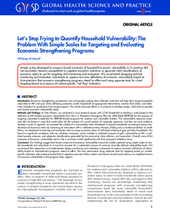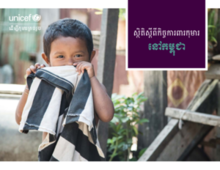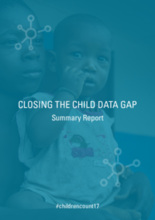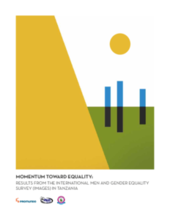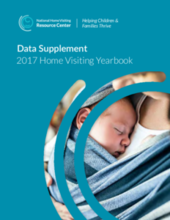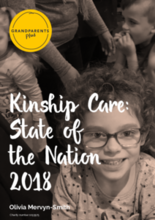Displaying 151 - 160 of 565
This report from UNICEF assesses the world’s performance towards meeting the 2030 Sustainable Development Goals (SDGs) to date, focusing on 44 indicators that directly concern 2030’s most important constituency: children.
This webinar focused on explaining the HIV Risk Assessment cascade and how it is related to OVC_HIVSTAT disaggregates.
This article discusses efforts in 3 countries to develop simple, valid tools to quantify and classify economic vulnerability status.
Child welfare agencies are tasked with investigating allegations of child maltreatment and intervening when necessary. Researchers are turning to the field of predictive analytics to optimize data analysis and data-driven decision making. This paper examines the utility of statistical algorithms in predictive analytics.
An event was held in 2017 to explore child-data gaps and why they exist; how such gaps relate to the United Nation’s promise to “leave no one behind”, and what practical steps can be taken to break down barriers to ensure that children are included and benefit from the commitments made in the Sustainable Development Goals. This report summarises the outcomes of the event and proposes next steps.
The Community Opportunity Map is a tool that allows users to see localized indicators connected to community health and maltreatment prevention.
The International Men and Gender Equality Survey (IMAGES) is a comprehensive, multi-country study on men’s and women’s realities, practices, and attitudes with regard to gender norms, gender-equality policies, household dynamics, caregiving and fatherhood, domestic violence, sexual diversity, health, and economic stress, among other topics.
The Data Supplement to the 2017 Home Visiting Yearbook presents 2016 data on early childhood home visiting, a proven service delivery strategy that helps children and families thrive.
The Kinship Care: State of the Nation 2018 survey is the largest survey ever of kinship carers in the UK. As in previous years, it shows that many carers aren't getting the support they need to enable children to thrive.

